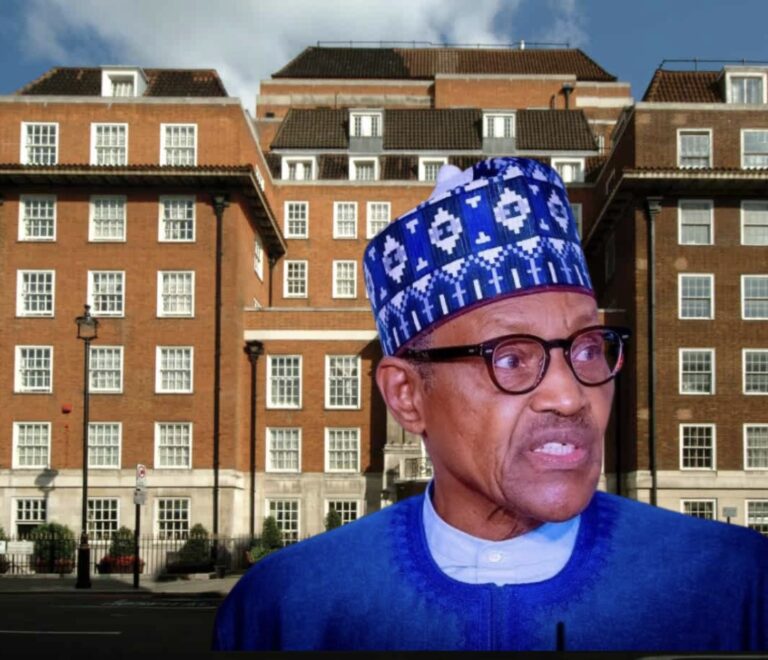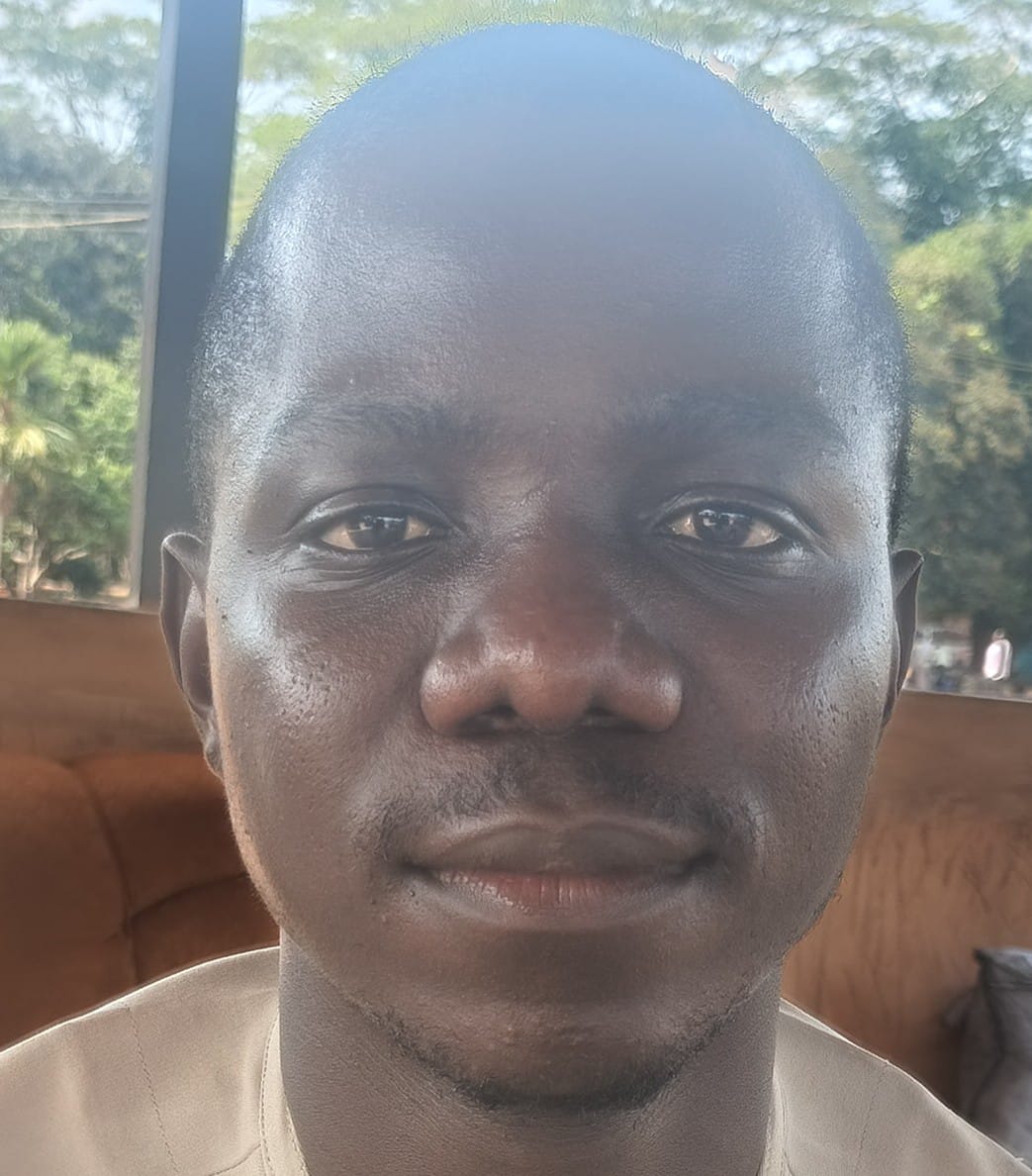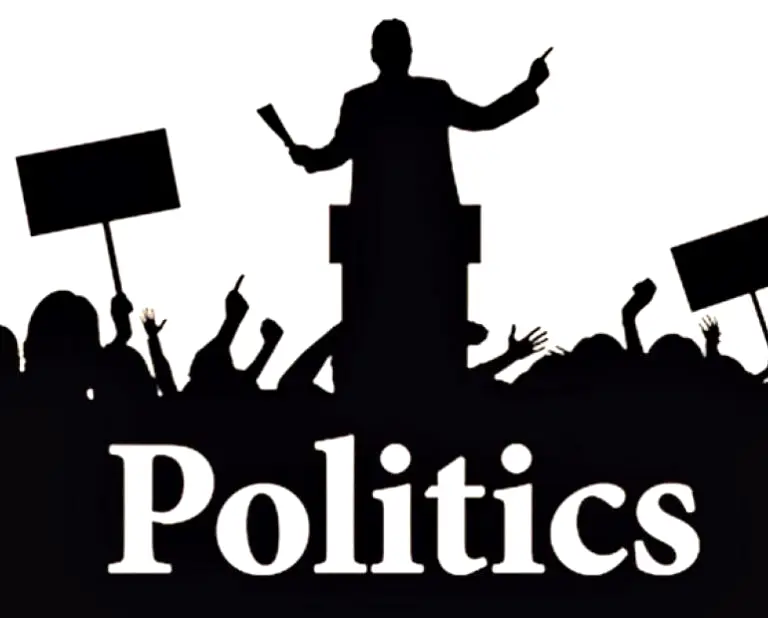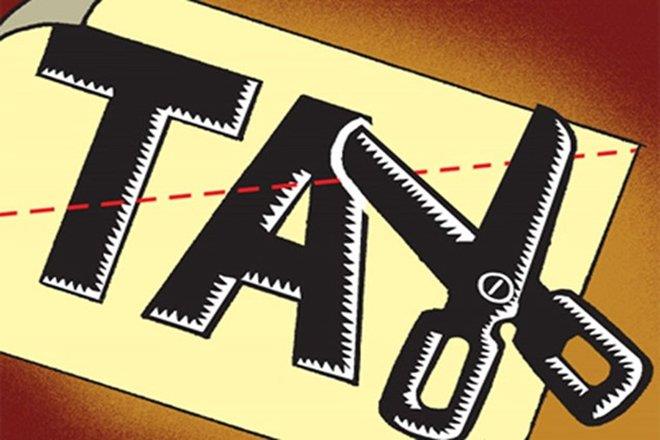Nigerians spent at least $29.29bn on foreign medical expenses during the eight years of former President Muhammadu Buhari’s administration, according to The PUNCH. This translates to an annual spending of about $3.6bn during the review period.
This is according to a detailed analysis of data from the Central Bank of Nigeria’s quarterly statistical bulletins. The sum, recorded under the “Health-Related and Social Services” category, reflects cumulative outflows of foreign exchange from June 2015 to May 2023 — precisely covering the duration of Buhari’s two-term presidency, which spanned from May 29, 2015, to May 28, 2023.
The data, reviewed by our correspondent, shows the depth of Nigeria’s dependence on foreign healthcare services, with the CBN’s record showing a year-on-year movement of funds abroad for medical purposes amid economic downturns or dollar shortages at home.
It also highlights the irony that, despite repeated declarations by the administration to revamp the health sector and reduce capital flight, health-related foreign exchange outflows remained significant and even spiked dramatically during the latter years of Buhari’s presidency.
A close review of the spending pattern shows that the first year of Buhari’s presidency recorded the single highest amount spent on medical tourism. Between June 2015 and May 2016, Nigeria spent $7.81bn on health-related services abroad.
READ ALSO:Inside £3,500 Per day Elite London Clinic Where Buhari Died
This figure alone accounted for over a quarter of the total medical tourism expenditure under his administration. Notably, September 2015 stood out as a month of exceptional outflow, with $3.20bn disbursed — the highest for any single month throughout the eight-year period.
That spike occurred during Buhari’s first few months in office and was followed by elevated monthly figures in October, November, and December of 2015, which further raised questions about whether the expenditure reflected a backlog of deferred medical bills or a broader trend among elites seeking healthcare abroad immediately after the administration took office.
In the subsequent year, between June 2016 and May 2017, the figure dipped to $2.76bn, although substantial sums were still recorded in months such as March 2016 ($0.96bn) and April 2016 ($0.67bn).
Spending continued to decline in Buhari’s third year in office, falling to $1.72bn between June 2017 and May 2018. By the fourth year of the first term, which ran from June 2018 to May 2019, Nigeria’s medical tourism bill had dropped sharply to just $0.44bn — the lowest across all eight years.
However, a closer examination of the second term reveals a different picture. After a relatively low fifth year, when Nigeria spent $0.92bn on medical services abroad between June 2019 and May 2020, there was a slight increase in the sixth year, with foreign exchange outflows reaching $1.57bn.
READ ALSO:Why UNIMAID Was Renamed After Buhari – Education Ministry
This modest recovery coincided with the COVID-19 pandemic, which imposed global travel restrictions and temporarily subdued international medical travel. The data during the lockdown period between April 2020 and June 2021 reflected lower figures, but it also hinted at pent-up demand that would soon be unleashed.
Indeed, from June 2021, medical tourism experienced a surge once again. The seventh year of Buhari’s administration — between June 2021 and May 2022 — recorded $6.96bn in health-related foreign exchange disbursements.
June 2021 alone accounted for $3.02bn, almost matching the record set back in 2015. April 2022 saw another massive jump with $1.28bn spent, suggesting that Nigerians, particularly the affluent class and public officials, resumed international travel en masse to seek healthcare that remained inaccessible or underdeveloped at home.
The eighth and final year of the administration recorded the second-highest annual expenditure, with $7.12bn spent between June 2022 and May 2023. January 2023 was a particularly costly month, accounting for $2.30bn in medical outflows — the third highest monthly figure during Buhari’s presidency.
With this late surge in medical tourism spending, the second term of Buhari’s government, which initially appeared more conservative in terms of health-related foreign exchange usage, ended up outpacing the first term.
READ ALSO:JUST IN: FG Renames Nigerian University After Buhari
A total of $16.56bn was spent in the second term, compared to $12.73bn in the first term. This shift suggests that, despite earlier constraints, the underlying drivers of medical tourism — including poor local healthcare infrastructure, lack of trust in domestic medical services, and the elite’s preference for foreign treatment — remained unaddressed and may have worsened.
Throughout his presidency, Buhari was frequently criticised for seeking medical care abroad. He made multiple trips to the United Kingdom for undisclosed treatments, sometimes staying for extended periods.
Buhari, during his eight-year reign, spent at least 225 days outside the country on medical trips, visiting no fewer than 40 countries since 2015. Eight months after assuming office, the former President embarked on his first medical trip to London, United Kingdom, on February 5, 2016, spending six days.
His second medical trip followed four months later, on June 6, 2016, during which he spent 10 days treating an undisclosed ear infection. On January 19, 2017, Buhari embarked on his second-longest medical trip to London, spending 50 days away.
In May of the same year, barely two months after his last trip, he returned to London for what became his longest medical stay, lasting 104 days. He did not return to the UK for medical purposes again until May 2018, when he spent four days on a follow-up review.
READ ALSO:Buhari Shouted Jesus Christ Of Nazareth, I Asked Him Why – Bakare
In March 2021, Buhari departed for London once again, on what the Presidency described as a “routine medical check-up,” which lasted 15 days. His departure came amid a labour crisis in the health sector, during which members of the Nigerian Association of Resident Doctors commenced an indefinite strike over unpaid allowances.
Almost a year later, on March 6, 2022, the ex-President travelled to London again for medical reasons. This time, he spent 12 days. On October 31, 2022, Buhari departed from Owerri, the capital of Imo State, to London for another medical check-up, which lasted approximately two weeks. He returned to the country on November 13, 2022.
Former presidential spokesman, Femi Adesina, consistently defended Buhari’s foreign medical trips, stating that he “has used the same medical team for about 40 years.” In a recent interview following Buhari’s death, Adesina argued: “If he had said I’d do my medicals in Nigeria just for show off or something, he could have long been dead.”
In total, Buhari undertook 84 trips to 40 countries during his tenure in office.
Meanwhile, the Nigerian Medical Association, the Medical and Dental Consultants’ Association of Nigeria, and the Nigerian Association of Resident Doctors earlier criticised political leaders for consistently seeking medical care abroad while neglecting the country’s healthcare system.
READ ALSO:FG Declares Public Holiday To Honour Buhari
The President of the Nigerian Association of Resident Doctors, Dr Tope Osundara, described the trend as not only disheartening but an indictment of Nigerian leaders’ investments in the sector they are expected to strengthen.
Osundara expressed disappointment that Nigerian leaders continue to patronise foreign hospitals despite annual budget allocations to domestic medical facilities like the State House Clinic.
“It’s more like building a company, investing resources in it, then refusing to use the product and telling others to trust it. It tells you that something is fundamentally wrong with the system, with the people entrusted with managing it.
“There was a time when the former president, Muhammad Buhari, made some utterances that they should abolish this medical tourism. But unfortunately, before he died, he was even at the forefront of going abroad for treatment. Even a former Head of State, General Abdulsalami Abubakar, disclosed that he and Buhari were admitted to the same hospital in London shortly before Buhari passed away. This tells you that Nigeria’s healthcare system is in bad shape.”
On his part, the President of the Nigerian Medical Association, Prof Bala Audu, noted that while individuals are free to seek care wherever they choose, the consistent reliance of public office holders on foreign hospitals despite Nigeria’s budgetary allocations to domestic healthcare speaks volumes about misplaced priorities.
(PUNCH)


































